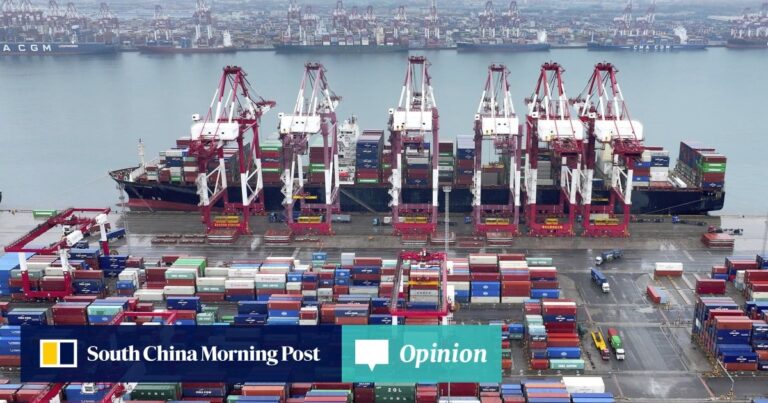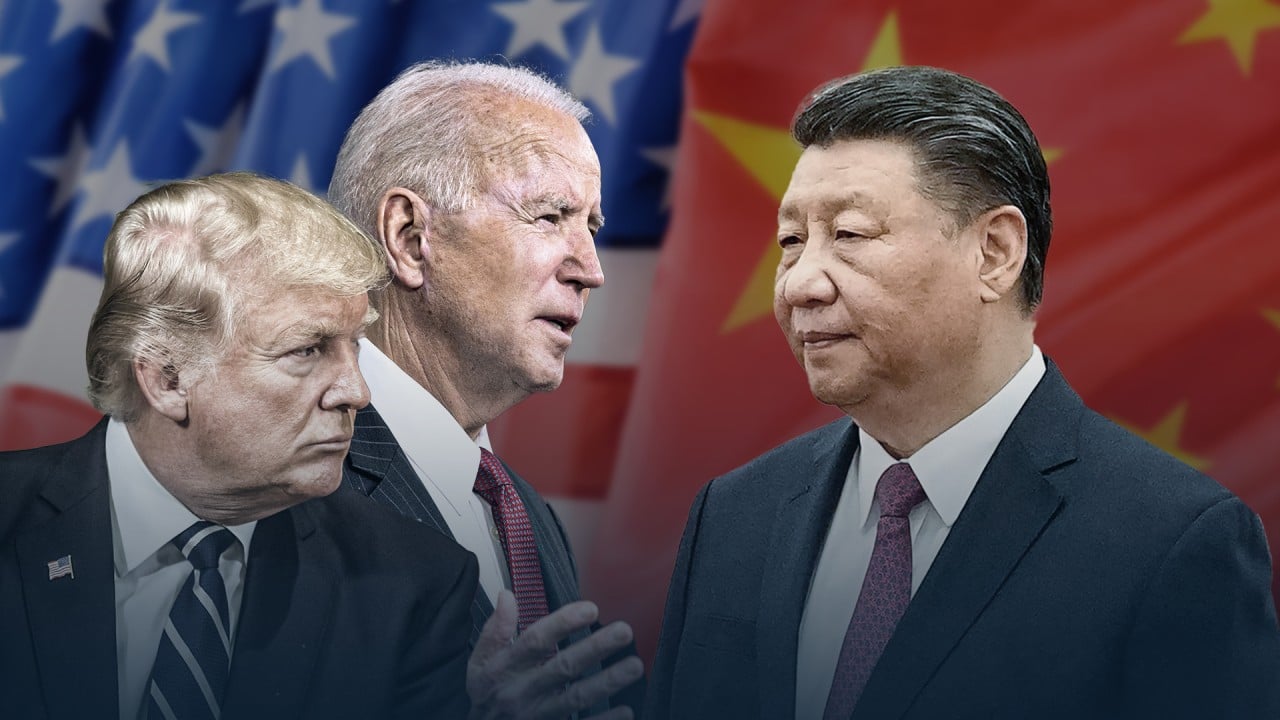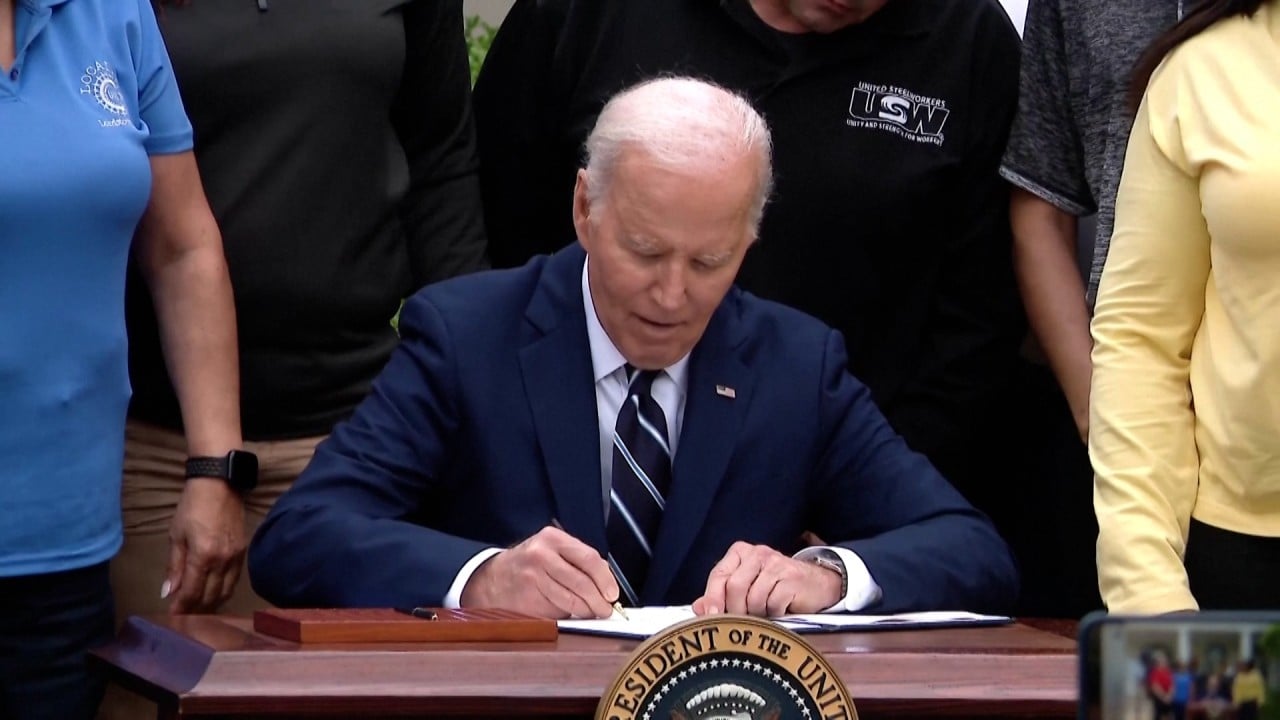Trade-related measures averaged less than 1,000 per year for the decade ending in 2019, but surged to a peak of more than 2,500 last year. More than two-thirds of these measures sought to harmfully disrupt trade, with the majority emanating from Washington. These measures increased average tariffs, raised trade transaction costs along supply chains, added trade-distorting subsidies, and called for import substitution.
Since the WTO was established nearly 30 years ago, global trade has grown five-fold last year to more than $30.4 trillion, outpacing global gross domestic product. Trade as a percentage of GDP has risen from 20% in 1995 to 31% in 2022, and the WTO’s simple average tariff has fallen from 13.1% to 8.8%. The proportion of the world’s population living in extreme poverty has also fallen from 40.1% to 10.6%.
The United Nations Organization for Trade and Development said in its latest world trade alert that trends had picked up, with trade in goods growing about 1 percent and trade in services rising 1.5 percent in the first quarter.
Adults in Washington are warning that such a plan would be disastrous. The Peterson Institute for International Economics led the way with a paper asking, “Could Trump Replace Income Taxes with Tariffs?” The answer: “No. Trying to do so would be regressive and harmful to economic growth.”
The math is simple: Income tax revenues are about $2 trillion a year, and imports last year totaled $3.1 trillion. Trump’s tariffs would raise revenues by about $225 billion a year, barely filling the gap left by the income tax cuts.
The Peterson Institute said such a plan “would kill jobs, raise inflation, increase the federal budget deficit, and cause a recession. It would antagonize allies and trading partners and spark tit-for-tat trade wars. It would undermine global economic prosperity, weaken national security, and destabilize the global financial system.”
Many in Washington say that China is uniquely positioned for the global economy. But the unfolding of the US election campaign raises the question of whether the real challenge lies elsewhere. So far, China has only barked threats to the global trading system, but has no power to attack them. But will that continue to be the case after November?
David Dodwell is CEO of Strategic Access, a trade policy and international relations consultancy focusing on developments and challenges in the Asia-Pacific region.



